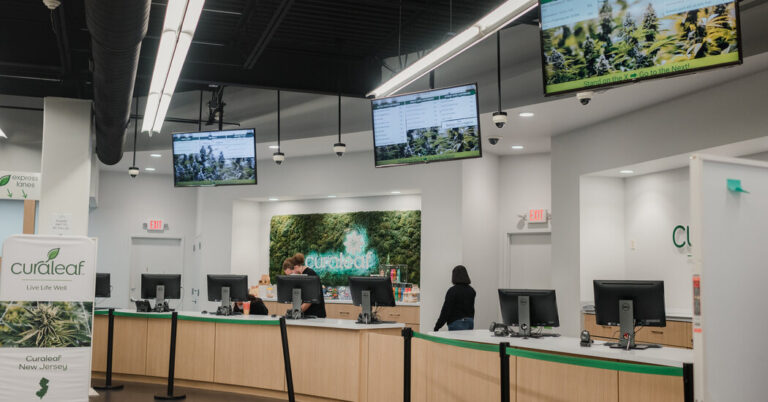Opinion | No Better Time to Be a Catholic
These are general questions, not just Catholic ones, but they are distilled in specific ways in the clash between Francis’s liberalization project and the conservative and traditionalist resistance. And how the world’s largest hierarchical religious institution passes through this crisis, how these questions are fought over and resolved inside a billion-member church, will play a central role in deciding what kind of civilization takes shape in the future — beyond the present era of acceleration and reaction, utopianism and despair.
Like Ashenden, I am a convert to the Catholic faith, and like Ashenden and many others, I sometimes imagined the church under its conservative popes as a bulwark against the crises of late liberalism, a bastion of tradition and (relative) certainty in a time of decadence and dissolution. When I look back at my writings and my feuds early in the Francis era, I can see in them my sense of betrayal that the papacy seemed to be abandoning this mission, that Francis was deliberately bringing a kind of messiness to the papal office instead of being, well, a rock.
But I have come to terms with this change. Whatever papal authority means, the church’s history shows that it’s fully compatible with periods of deep internal Catholic turmoil. This is not exactly pleasant to live through, it raises all kinds of difficult questions for individual Catholics, but it does not somehow make Catholicism the wrong place for a religious believer, a would-be follower of Christ, to be planted. To the contrary: As I have become more doubtful of the church’s certain authority, I have become much more convinced of its importance, its decisive part in revealing God’s intentions and history’s ultimate direction.
This is something that, in their own way, more liberal Catholics have always understood. At various times in the John Paul II era there would be complaints from conservative Catholics, asking: Why, if liberals believe so intensely in moral and doctrinal transformation, if they are so committed to having (for instance) married or female clergy, intercommunion with other Christian churches, acceptance of homosexuality and contraception and even perhaps abortion, don’t they join one of the numerous Christian bodies where those transformations have taken place? Why be a dissenting and disgruntled Roman Catholic when you can just be a faithful Episcopalian or Congregationalist?
The answer, surely, is that the religious-liberal project believes itself to be God’s project, that its tireless advocates believe themselves to be doing the Holy Spirit’s work and that it proves very little about God’s ultimate intentions if a few modestly sized bodies in the firmament of mainline Protestantism embrace the sexual revolution. You will only know and prove that God wants liberalization when liberalization comes to the Church of Rome and its billion-odd Catholics. You can’t be fully vindicated, fully assured of Providence’s favor, unless you change that church.
Check out our Latest News and Follow us at Facebook
Original Source







